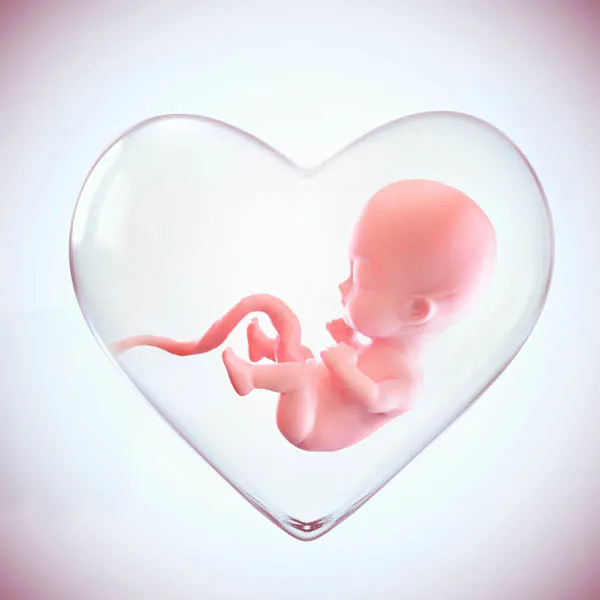Ectopic pregnancy can have serious consequences. Therefore, its timely detection is extremely important. At first, the symptoms of ectopic pregnancy are confusingly similar to those of a normally developing pregnancy. Find out what the course of ectopic pregnancy is and how it is treated.
Ectopic pregnancy- causes
An ectopic pregnancy, otherwise known as an ectopic pregnancy, is a pregnancy with an abnormal location. Most often it develops in the bulb of the fallopian tube, but it can also localize in other parts of the tube, the ovary, the peritoneal cavity or the cervix. Any location outside the uterine cavity prevents the proper development of the pregnancy and risks serious complications.
The most common causes of ectopic pregnancy include defects in the structure of the uterus, previous surgery on the reproductive organ or endometriosis, for example. Women who have had a previous ectopic pregnancy and those who have had pelvic inflammatory disease (PID) also have a higher risk of developing an ectopic pregnancy. Besides, the likelihood of ectopic pregnancy increases in women who use an IUD or single-component hormonal contraception.
Ectopic pregnancy- symptoms
The symptoms of ectopic pregnancy are similar to those of a pregnancy properly located in the uterine cavity. The most common symptom is the stoppage of menstruation. In addition, women report soreness and tenderness of the breasts, mood swings and excessive sensitivity to tastes or smells. Additional symptoms include. spotting or pain in the lower abdomen, which is particularly aggravated when an ectopic pregnancy ruptures. In such a situation, symptoms of shock also appear, such as pale skin, fainting or tachycardia.
It is also characteristic not to see a pregnancy follicle with an embryo in the uterine cavity during an ultrasound examination despite the high concentration of beta- hcg in the woman’s blood. One of the symptoms may also be a lesion visible on ultrasound in the area of the ovaries or fallopian tubes, which may be an ectopic pregnancy developing there.
Ectopic pregnancy- management
If an ectopic pregnancy occurs, the most important thing is to recognize it quickly enough. Whenever a gynecologist cannot visualize a pregnancy in the uterine cavity despite the high concentration of beta -hcg in a woman’s blood, he should describe the situation as a pregnancy of unknown location. In some cases, it is difficult to visualize an ectopic pregnancy on ultrasound. The mere fact of its absence inside the uterus with rising beta -hcg levels is a reason for hospitalization of a woman. If an ectopic pregnancy is suspected, the first course of treatment is pharmacological management with a drug called Methotrexate. In the case of more advanced pregnancies or a woman’s poor condition, surgery is required, in most situations, laparoscopic. If the pregnancy is in the fallopian tube, it may be necessary to remove it.
Ectopic pregnancy- complications
Ectopic pregnancy is a condition that threatens a woman’s health and even life. It is impossible for an embryo and then a fetus to develop properly outside the uterine cavity. If an ectopic pregnancy is not diagnosed in time, the pregnancy may rupture and the woman may develop shock, which may even result in death. A complication of ectopic pregnancy can also be the loss of the fallopian tube. In turn, this may (or may not) contribute to problems with getting pregnant in the future.
Rate this article:











